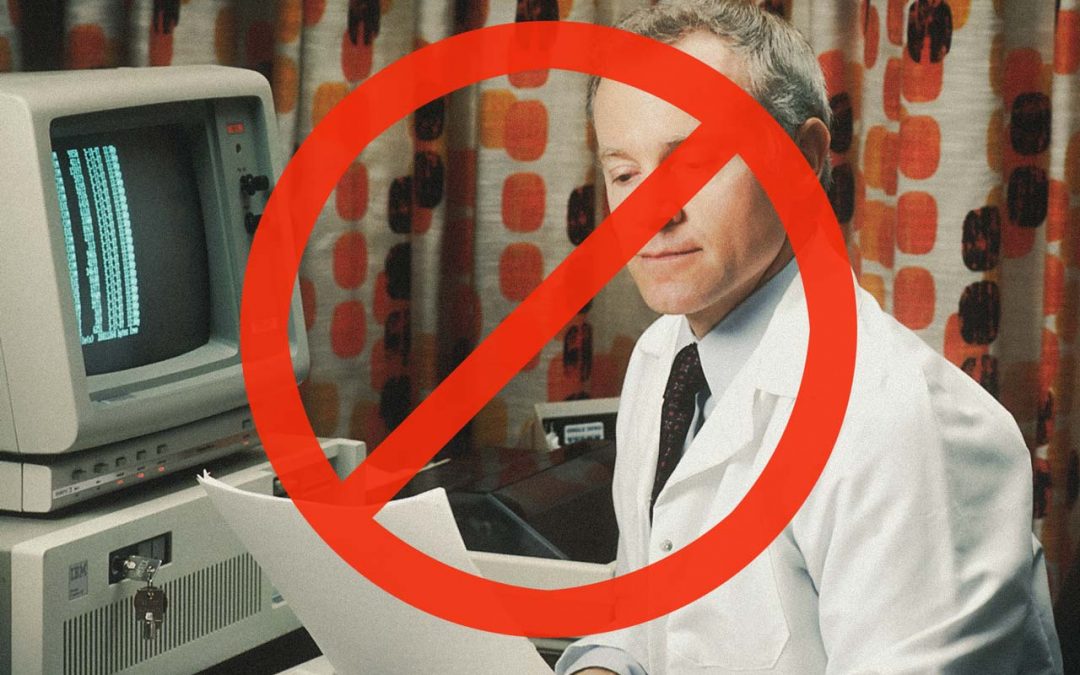Late last week, two new proposed rules were released which will affect the exchange of health information and HIPAA, among other things. The CMS and OCR proposed rules come in at over 347 and 357 pages respectively – so that’s a lot of meat to digest! At a high level, the CMS Proposed Rule aims to “improve the electronic exchange of health care data among payers, providers, and patients,” and “streamline processes related to prior authorization to reduce burden on providers and patients.” The OCR proposed changes to HIPAA take a bite out of patient access, minimum necessary, the HIPAA NPP and more . . .














